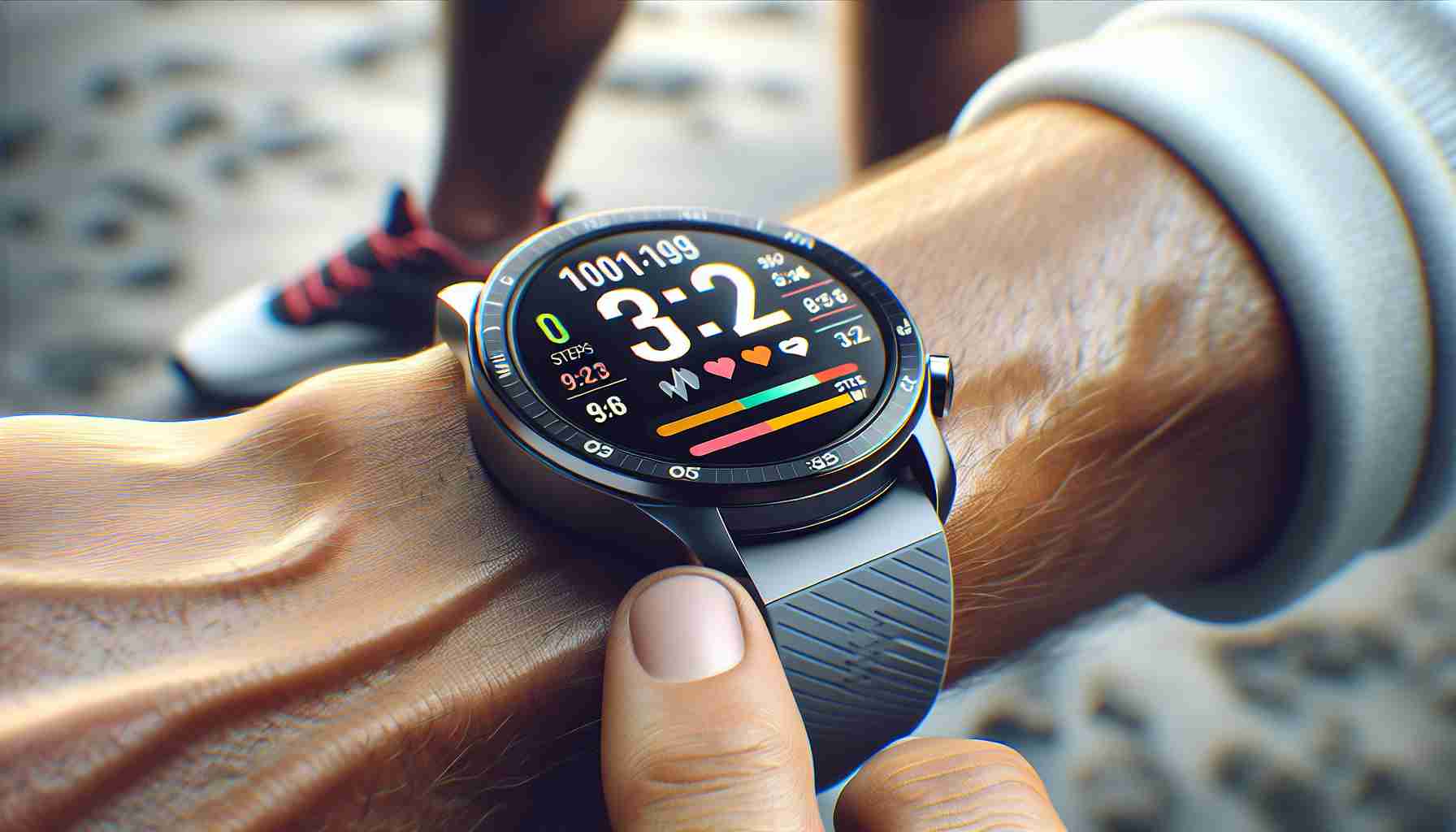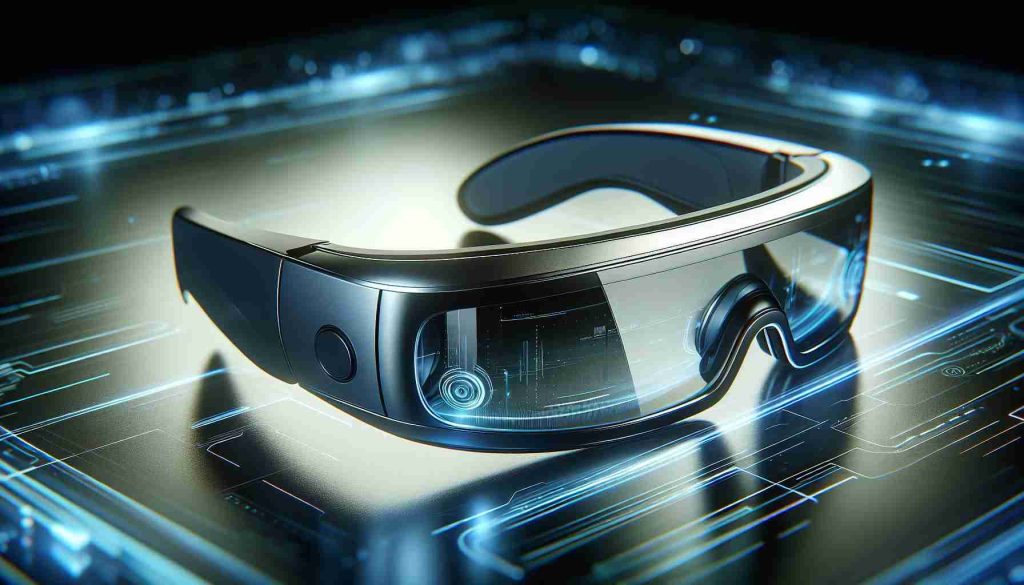As technology advances, smartwatches now offer an impressive array of health-monitoring features, including heart rate detection, sleep tracking, and blood oxygen monitoring. However, it is essential to consider just how reliable these features are, as many users may find the results less than accurate.
Smartwatches often encounter challenges that can compromise their data. For instance, inaccurate data readings can arise from various factors, including sensor design limitations and user wrist fit. There has been concern regarding the efficacy of blood oxygen sensors, particularly for individuals with darker skin tones, leading to legal action against major manufacturers. Furthermore, a review of fitness devices showed that they often fail to provide precise measurements necessary for making informed medical choices.
Many smartwatch users might be surprised to learn that basic metrics like step counts and calorie expenditure can be misleading. These devices can struggle to provide accurate assessments, especially when it comes to sleep quality.
To improve your smartwatch experience, consider a few actionable tips: ensure a snug fit for your device, prioritize heart rate monitoring over other metrics, avoid stressing about specific readings, and focus on overall trends rather than individual data points.
Ultimately, while smartwatches can offer valuable insights, they should not replace professional medical advice. Consulting with a healthcare provider is advisable if you have health concerns. Investing in a reputable smartwatch model can also enhance accuracy; models from major brands continuously improve with newer iterations.
Enhancing Your Smartwatch Experience: Tips and Interesting Insights
As smartwatches become an integral part of our daily lives, equipping ourselves with a deeper understanding of their capabilities and limitations can significantly enhance our user experience. Here are some practical tips, life hacks, and interesting facts that can make your smartwatch not just a gadget, but a valuable health companion.
1. Optimal Fit is Crucial
To ensure accuracy in readings, particularly with heart rate and oxygen saturation, making sure your smartwatch fits snugly is essential. A loose watch can lead to fluctuating data, rendering readings unreliable. Consider experimenting with various straps for better fit and comfort.
2. Customizing Settings
Many smartwatches allow you to tailor notifications and health tracking features. Take the time to customize these settings according to your lifestyle. For example, limiting notifications can reduce distractions while also optimizing battery life.
3. Regularly Update Your Device
Manufacturers frequently release updates that enhance the accuracy of health monitoring tools and fix bugs. Make a habit of checking for software updates regularly. An up-to-date device often performs better, offering improved functionality and reliability.
4. Understand the Technology Behind Your Watch
Being aware of the limitations of smartwatch sensors can help you interpret data more effectively. For example, optical heart rate monitors use light to measure blood flow, which can be affected by factors such as skin tone and wrist movement. Learn about the technology in your device to have realistic expectations.
5. Look Beyond the Numbers
While tracking your steps, heart rate, and sleep patterns is interesting, focus on trends over time rather than getting caught up on daily fluctuations. A sudden spike in heart rate one day may not be as critical as a consistently high average over several weeks.
6. Utilize Companion Apps
Most smartwatches come with companion apps that allow more detailed tracking and analysis of your data. Connect your watch to your smartphone app to take advantage of insights that can help you set and meet fitness goals.
7. Prioritize Activity Over Calibration
Instead of getting stuck in calibrating features, prioritize actually using the watch in your daily activities. Whether it’s walking, running, or doing yoga, the consistent use of your device will help develop an understanding of your patterns and progress.
Interesting Fact: Algorithms and Personalization
Did you know that many smartwatches use algorithms that learn from your activity patterns? This means your device can offer personalized insights over time, helping you to achieve wellness goals based on your unique behavior and habits.
Conclusion
While smartwatches can be a fantastic tool for monitoring health and fitness, it’s important to use them wisely and not solely rely on their readings for medical decisions. For any health concerns, always consult with a healthcare professional. Empower yourself with knowledge and make the most of your smartwatch by exploring its features and functionalities.
If you’re interested in learning more about health and wellness technology, explore additional insights at HealthTech.























